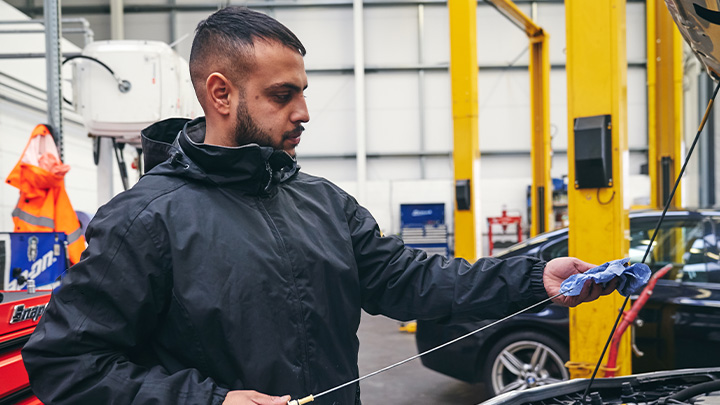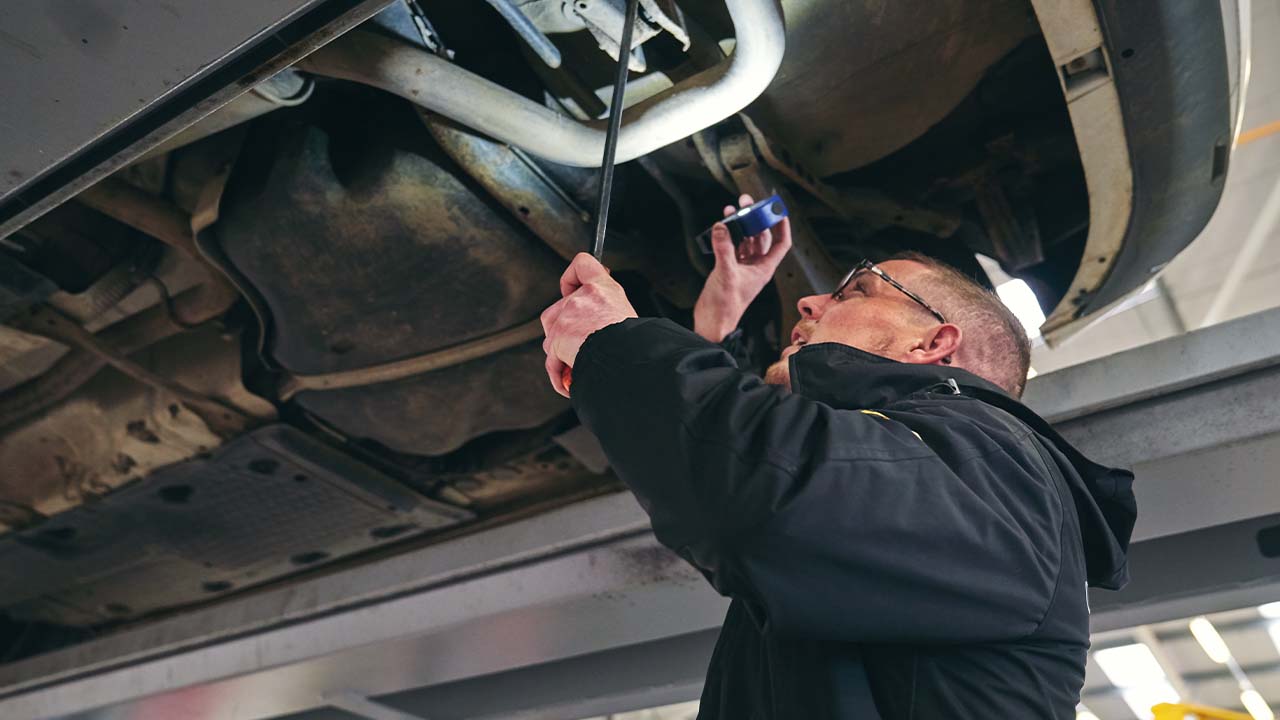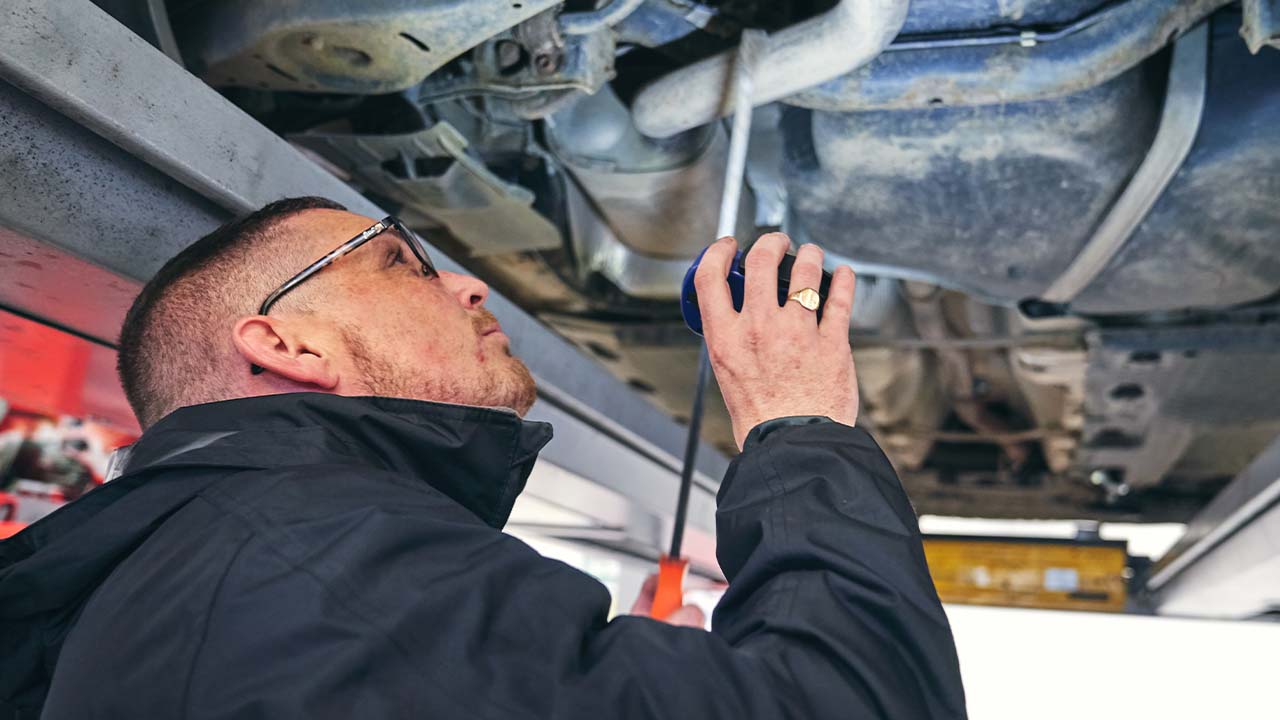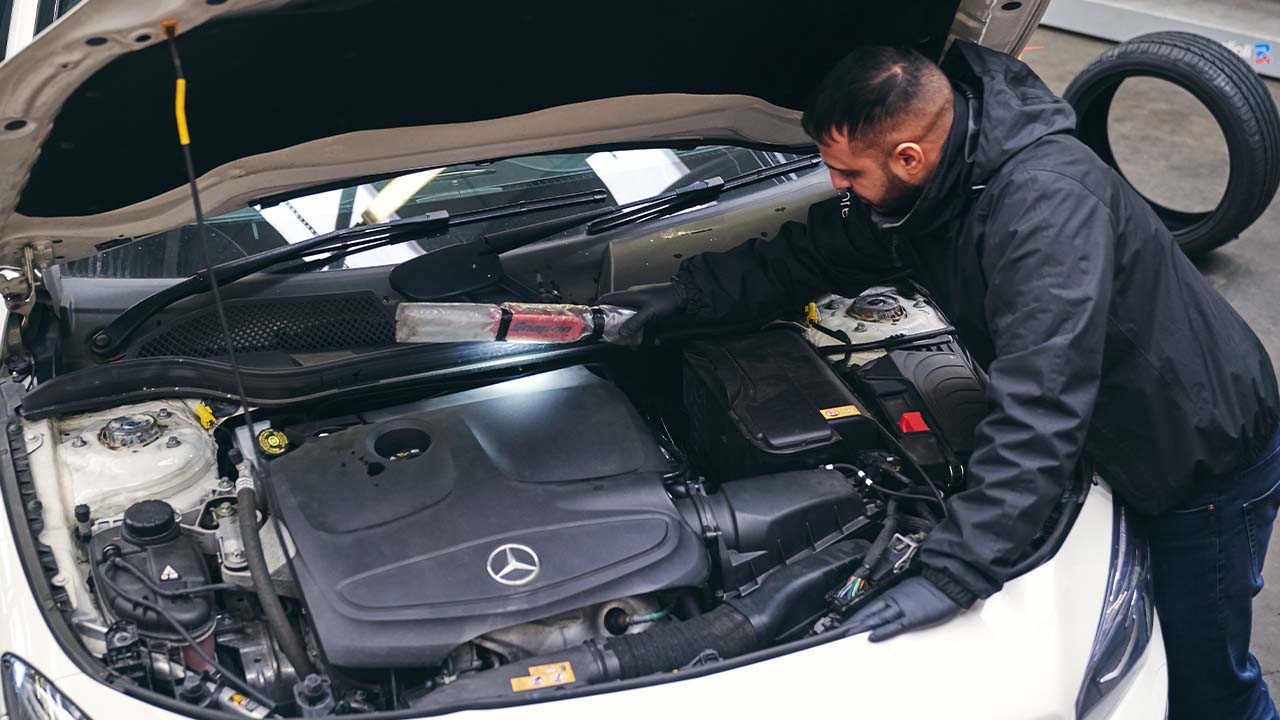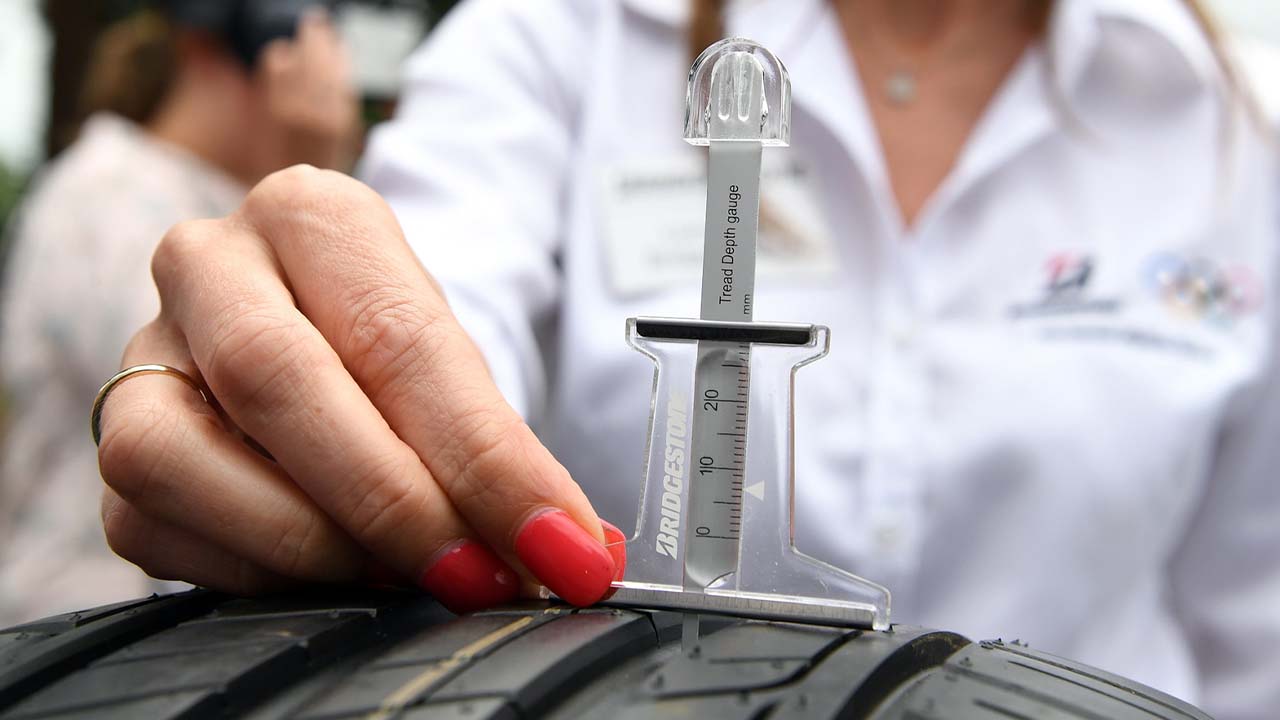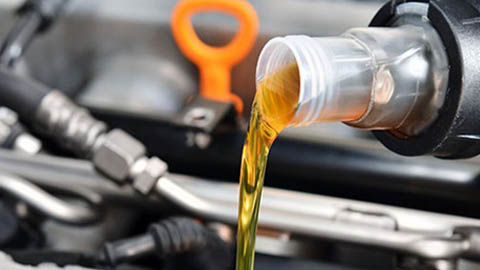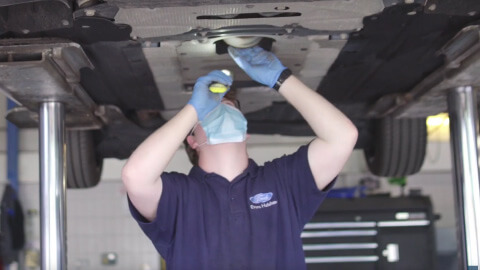Six Reasons Why You Should Service Your Car
22nd Jul 2022
Benefits of a car service
Did you know that UK motorists as a collective spend over an estimated £20 billion every year on car servicing and repair? That's according to a report from The Society of Motor Manufacturers and Traders (SMMT).
There's no denying that's a lot of money to be spent annually, but it's not without its benefits for motorists who look after their cars.
In this article, we outline the benefits of having your car serviced, and how it'll actually save you money in the short and long term.
Article overview
- Improving longevity
- Safety
- Vehicle warranty
- Maximising car value
- Saving you money
- Tyres
- Frequently asked questions
It improves the vehicle's longevity
Cars and vans have a pretty hard life for the most part, especially with the weather and roads we have in Britain. If you cover quite a bit of mileage on an annual basis, then this will naturally cause wear and tear.
Manufacturers know this all too well, which is why servicing is required to replace essential fluids - such as the oil and oil filter - and check the condition of other components, which include the likes of the brakes.
By completing essential maintenance, you're actually enhancing the vehicle's longevity. This is because fresh fluids, and any new components, are ensuring the car is running at its best.
Servicing helps with safety
When you have your vehicle serviced at an Evans Halshaw dealership, we aren't just changing the necessary fluids and consumable items. One of our technicians also completes a vehicle health check and produces a video report.
Whilst it's essential to replace any fluids, it's just as important to ensure there's nothing wrong with any of the other components on your car. Here's a brief overview of what our technicians check during a service:
- Brakes
- Tyres
- Suspension
- Lights
- Exhaust
Any worn or damaged components could be detrimental to the car's performance, and even worse, the safety of yourself and other road users. A vehicle service provides a great opportunity to flag any issues, and get them rectified.
It maintains your vehicle's warranty
If you bought a new or used car that still has manufacturer warranty remaining, then having your car serviced at the correct intervals will ensure it remains intact.
One piece of important advice is that you aren't required to have your car serviced by the manufacturer or dealer you bought it from. As long as it's serviced by an authorised garage in line with the manufacturer's service schedule using approved parts, then the choice is yours where you take it.
You don't need to worry about overpaying when you have your car serviced at one of our dealers, that's because we'll match the price of a competitor on an identical service through the Evans Halshaw Price Promise.
It maximises the car's value
When buying a car, it goes without saying that you'll want an example that's been maintained throughout its lifetime.
That's the purpose of a vehicle's service history. It lets you, or other prospective buyers, know how it's been maintained by previous owners. There are three types of service history:
- Full service history
- Partial service history
- No service history
A car with no service history is less desirable than one that has a fully documented history. As a result, it will be worth less come sale time.
Valuation Example
To illustrate the impact a car's service history can have on its value, we input identical details of a family hatchback into our Sell Your Car tool. These were the valuations:
- Full service history = £9,100
- Partial service history = £8,925
- No service history = £8,600
The difference in valuation between a car with a full history and one without in this instance was nearly seven percent. Even though there are other variables to take into consideration when valuing a car, it's almost guaranteed that your car will be worth more with a proper service record.
It will save you money in the long run
Having your car or van serviced in line with the manufacturer's guidelines will actually save you money in the short and long run. Here's an overview of why:
- Regular servicing maximises your engine's performance and efficiency, saving you money on fuel.
- Worn components can have an adverse effect on other aspects of the car, meaning some parts could suffer from premature failure.
- If a worn or damaged part is neglected, then it could result in a breakdown, and therefore you may require costly roadside assistance.
You can monitor the health of your car's tyres
Although the safety of tyres was mentioned earlier on, we wanted to reiterate the importance of getting your car's tyres checked during a service. That's because over eight million UK motorists could be driving with illegal tyres, according to a study we completed in 2020.
During a service, our technicians will check the condition of the tyres on your vehicle. Things they'll be looking for include:
- Tread depth (the legal minimum is 1.6mm)
- Cracks or cuts
- Condition of the sidewall
- Foreign objects (e.g. nails)
You can check for any damage to the tyres yourself, and we recommend you do so between services. However, a routine check - included as part of a service - by a qualified technician is always recommended.
Affordable car and van servicing
A regularly serviced vehicle is worth more money, results in maximum efficiency, and is safer in general. So, the question we should be asking is: can you afford not to have your vehicle serviced regularly?
For more car maintenance guides and tips, please head over to our blog section, which is regularly updated with fresh content.
Frequently Asked Questions
This completely depends on the car, engine and the manufacturer, with details available in your vehicle's handbook. Typically though, it's based on the time and mileage between services.
A general rule of thumb is that you should get your car serviced at least once a year. However, some cars and vans only need a service every two years, so we'd recommend inspecting your vehicle's handbook because it will outline the service schedule for your particular model and engine.
If you've bought a used car, then we recommend looking through the service history to establish when it was last serviced by a garage. You can then look at the service schedule in the vehicle handbook to find out when it's next due.
Most modern vehicles have onboard service computers that tell you when it's due, though, so it's worth checking to see if it was reset at its last service.
It's not uncommon for cars to have staggered service schedules, where some consumable items – such as spark plugs – are replaced less frequently.
We'd recommend looking at your vehicle's service history to find out which consumables have been replaced in its past. If you're unsure, we'd recommend speaking to your nearest Evans Halshaw dealership, who will be happy to advise you.
You're not required by law to have your car or van serviced. However, we'd highly recommend you do so in order to maximise its efficiency, longevity, and safety.
This depends on the type of car or van it is, as well as its age and mileage. Your average family hatchback coming in for its second ever service will be notably cheaper than a performance car that's having a major service completed.
We'd recommend using our online service tool to get a quote for the work you need doing to your vehicle.

